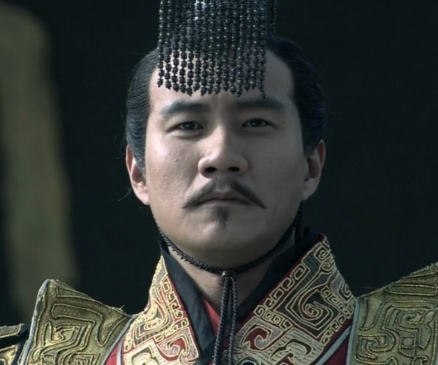In 632 BC, an important battle during the Spring and Autumn Period, the Battle of Chengpu, unfolded between the states of Jin and Chu. This battle was not only a contest of military strength between the two states, but also a clash of wisdom and strategy. Relying on multiple factors, King Wen of Jin ultimately defeated the powerful state of Chu, establishing Jin's dominance in the Central Plains region.

Firstly, King Wen of Jin's wisdom was the key to his victory. Before the battle, he employed a series of strategies to weaken Chu's strength. According to the "Zuo Zhuan," King Wen of Jin successfully divided Chu from its allies Chen and Cai through diplomatic means, causing these countries to switch their support to Jin. This move not only enhanced Jin's ally strength but also weakened Chu's supporting forces.
Secondly, King Wen of Jin employed flexible tactics during the war. In the Battle of Chengpu, the Jin army utilized various tactics such as splitting forces to encircle and flank the enemy, as well as indirect and intertwining maneuvers, making it difficult for the Chu army to respond. King Wen of Jin also fully utilized geographical advantages, choosing to engage in the decisive battle in the advantageous region of Chengpu, which provided favorable conditions for the Jin army's victory.
Moreover, King Wen of Jin was assisted by wise ministers during the war. Ministers such as Hu Yan and Zhao Shuai provided valuable advice and assistance to King Wen of Jin. Their wisdom and experience guided the Jin army's operations, enabling them to fight more orderly and effectively.
Lastly, the high quality of King Wen of Jin's army was also a crucial factor in his victory. The Jin army was well-trained, had high morale, and was equipped with superior weapons. These were the results of King Wen of Jin's long-term accumulation and preparation before the war, providing a solid foundation for the Jin army's performance on the battlefield.
In summary, King Wen of Jin defeated Chu in the Battle of Chengpu through his wisdom, diplomatic means, flexible tactics, assistance from wise ministers, and the high quality of his army. This battle not only demonstrated King Wen of Jin's political wisdom and military prowess but also laid the foundation for Jin's dominance during the Spring and Autumn Period.
Disclaimer: The above content is sourced from the internet and the copyright belongs to the original author. If there is any infringement of your original copyright, please inform us and we will delete the relevant content as soon as possible.
































